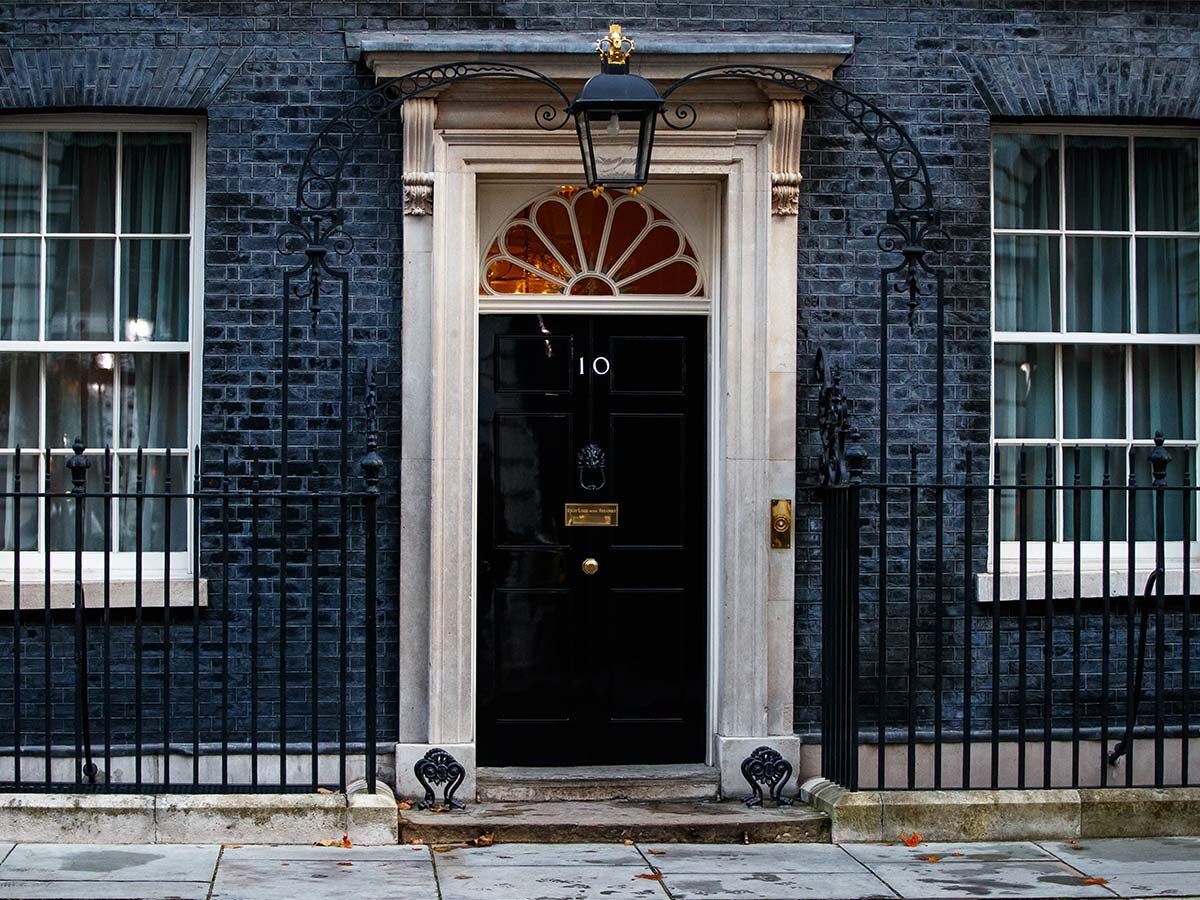This week night the news led with Allegra Stratton’s tearful resignation. She apologised profusely. She had done something so wrong it would stay with her for the rest of her days. Her behaviour stirred up outrage on the news bulletins as MPs, members of the public and journalists queued up to condemn her. No mitigating circumstances were allowed. What she had done was wrong, wrong, wrong.
So… what had she done?
She had been in a role-playing exercise at Number 10 — a sort of dry run for a press conference, with her colleagues firing questions at her, so that she could rehearse plausible answers. She had collapsed into giggles when asked (what became) a hot question — had there been a staff party at number 10 in contravention of lockdown rules — and made a joke about it.
The problem was that it had been caught on camera and did not look so good when viewed later for public consumption. No doubt people were upset by it, and it was an insensitive thing to do.
But viewed from the perspective of human nature, is this really so bad?
Under pressure (and there is no doubt that Allegra Stratton had a high pressure job) this kind of behaviour is quite common. As social animals, we bond with our friends — this was a private meeting after all — and we tell jokes to relieve the tension. Actors called this corpsing — collapsing in giggles during a performance — and it can happen at any time. When things are particularly bad the jokes can be very dark indeed. In truth, there are few things in life that people won’t make a joke about.
My reaction (and I suspect quite a few other viewers) was “there, but the grace of god, go I.” Back in the day I was CEO of an ad agency. I often had tense meetings with clients who were unhappy about something, but as CEO I had to suck it up. Afterwards we might go to the pub and engage in all manner of trash talk to cheer ourselves up. It didn’t really mean anything. And it didn’t mean that I didn’t respect my clients. Fortunately, there were no cameras and microphones to record my stupidity for posterity.
This episode illuminates a deeper problem for the “mainstream media.” There now is a wide gap between life as it is lived by flawed human beings (so that is all of us, apart from your mum and David Attenborough) and publicly acceptable points of view.
The journalists who fronted up last night’s bulletins probably recognise the truth in what I have just said. Spend any time with journos and you will find a gossipy, jokey, ever so slightly amoral and occasionally foul-mouthed lot. Unfortunately, they too can often succumb to the herd mentality, because not one of them suggested that what Allegra Stratton had done was merely human rather than terrible.
If news media (like the BBC, Channel 4 and ITV) feel increasingly like a publicly sanctioned view — rather than life in all its messy ambiguity — then expect people to go elsewhere.
We like the stuff that has the ring of truth about it.
Featured image: zjtmath / Shutterstock.com

